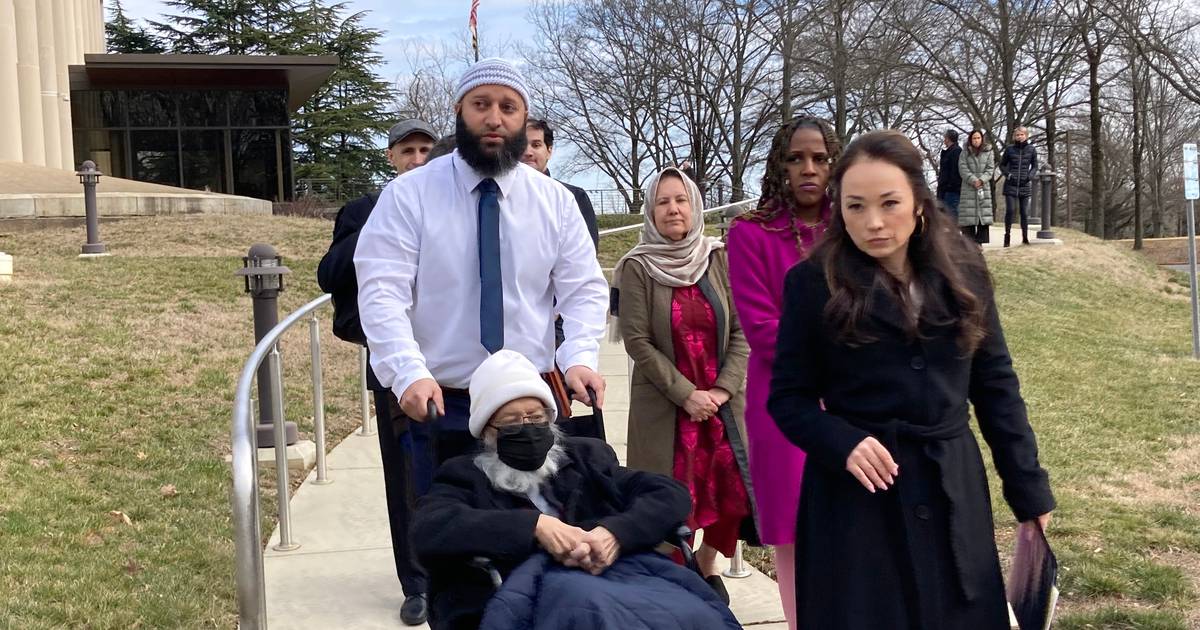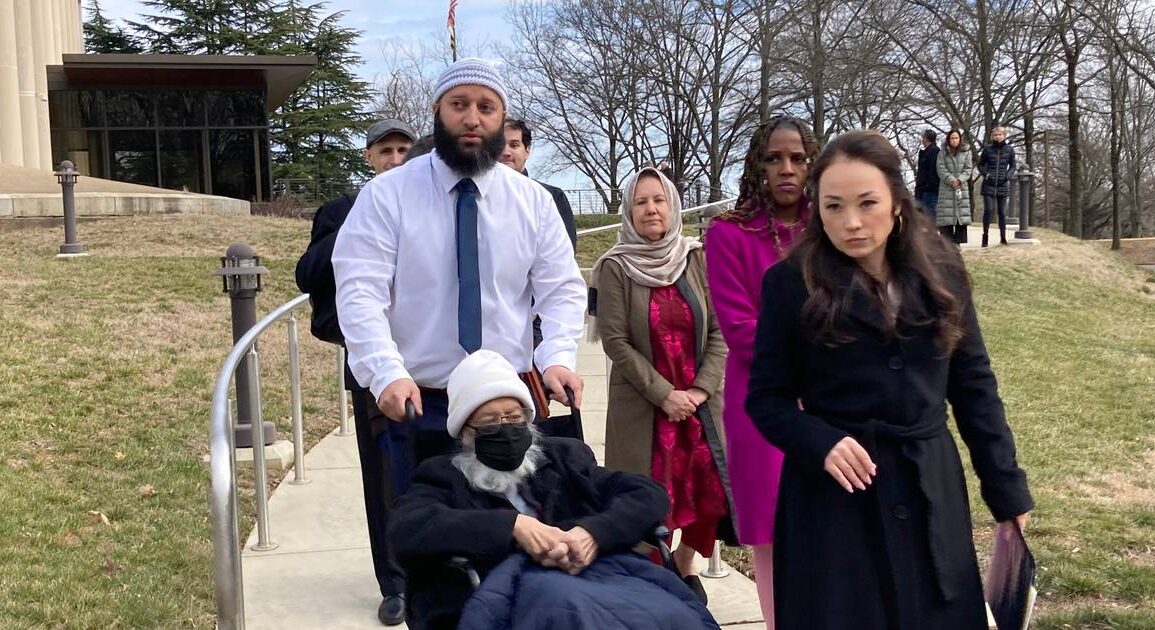
The podcast “Serial” brought Adnan Syed to international attention, raising questions about his conviction for the 1999 killing of Baltimore County high school student Hae Min Lee. If all one knows about this case comes from the “Serial” podcast, Syed’s innocence might be presumed. But outside that dramatized version of the case, courts at all levels up to the U.S. Supreme Court considered Syed’s arguments and ruled against him, affirming his conviction.
Despite the presumption of guilt created by a conviction that has withstood multiple appeals, the Baltimore State Attorney’s Office filed a motion to vacate Syed’s conviction under a newly passed state law. In September 2022 — 22 years after a jury unanimously found Syed guilty of murder and other crimes, and after a court sentenced him to life in prison with the possibility of parole — a lower court judge granted the state’s motion to vacate the conviction and released Syed from prison.
Fundamental to the American justice system is the presumption of open courts, including transparent proceedings where the evidence is publicly aired and the basis for any dispositive ruling is sufficiently clear. The Baltimore state’s attorney and circuit court ran roughshod over these principles by secretly collaborating to choreograph a vacatur of Syed’s conviction. The court held an improper, in chambers prehearing at which only the judge, prosecutor and defendant were present. They offered the victim’s family no opportunity to participate. In fact, neither the family nor the public even knew what had occurred. The only time that the state presented any evidence for vacatur was at this private prehearing, but no court reporter attended to transcribe the proceeding, and no substantive record exists. What happened there is lost to history and is more akin to legal proceedings in Russia or North Korea than what we have come to expect in the United States.
When the actual vacatur hearing occurred in public, no witnesses testified, and no documents were introduced. While the victim’s brother, Young Lee, was allowed to say a few words, he was able to do so only before the hearing began and without the benefit of knowing what, if any, evidence served as the basis for the motion to vacate Syed’s conviction. The hearing was mere spectacle after which Syed was set free.
The victim’s family appealed the ruling because the victim’s rights were not properly respected during the vacatur process. The Appellate Court of Maryland agreed, reversed the vacatur, reinstated the conviction and ordered a redo of the vacatur hearing. No one knows at this point whether the state really has “new evidence,” and no one knows whether the state can meet its burden of proof. No one knows these things because the original proceedings were kept largely secret, and the evidence on which the court ruled remains unknown. And no one knows what, if anything, has really changed to justify overturning a jury verdict rendered in 2000. If the Baltimore State’s Attorney’s Office decides to move again to vacate Adnan Syed’s conviction, the appellate court has ruled it will need to do so with transparency and with evidence supporting the motion.
Today, the Maryland Supreme Court will hear arguments from attorneys for Syed, the state of Maryland, and attorneys for Young Lee, the brother of Hae Min Lee, on these critical criminal justice and victim’s rights issues. Both Syed and Lee are appealing parts of the Appellate Court of Maryland’s decision. We, as pro bono counsel for Lee, argue that Lee has rights under the Maryland victim’s rights statutes and Maryland Constitution, which include a right to be heard at a criminal justice proceeding and the right to challenge evidence.
Our adversarial system presupposes that two sides have an opportunity to present evidence and each side gets to challenge the evidence presented. Prosecutors do not have the power to pardon convicted defendants. They must meet rigorous legal standards to convince a judge to overturn a jury verdict, which includes presenting evidence in open court for the world to see.
Our adversarial system failed in Maryland: No evidence was presented by anyone, and the one party who is in the best position to challenge evidence and arguments, namely the victim, has been rendered silent. We hope the Maryland Supreme Court will validate victims’ rights and allow our client to speak on the record during a subsequent vacatur hearing. Anything less would render a subsequent hearing an empty ritual.
David Sanford (dsanford@sanfordheisler.com) is chairman of Sanford Heisler Sharp and Pro Bono Counsel for Young Lee in the Matter of Adnan Syed.
This post was originally published on this site be sure to check out more of their content.









